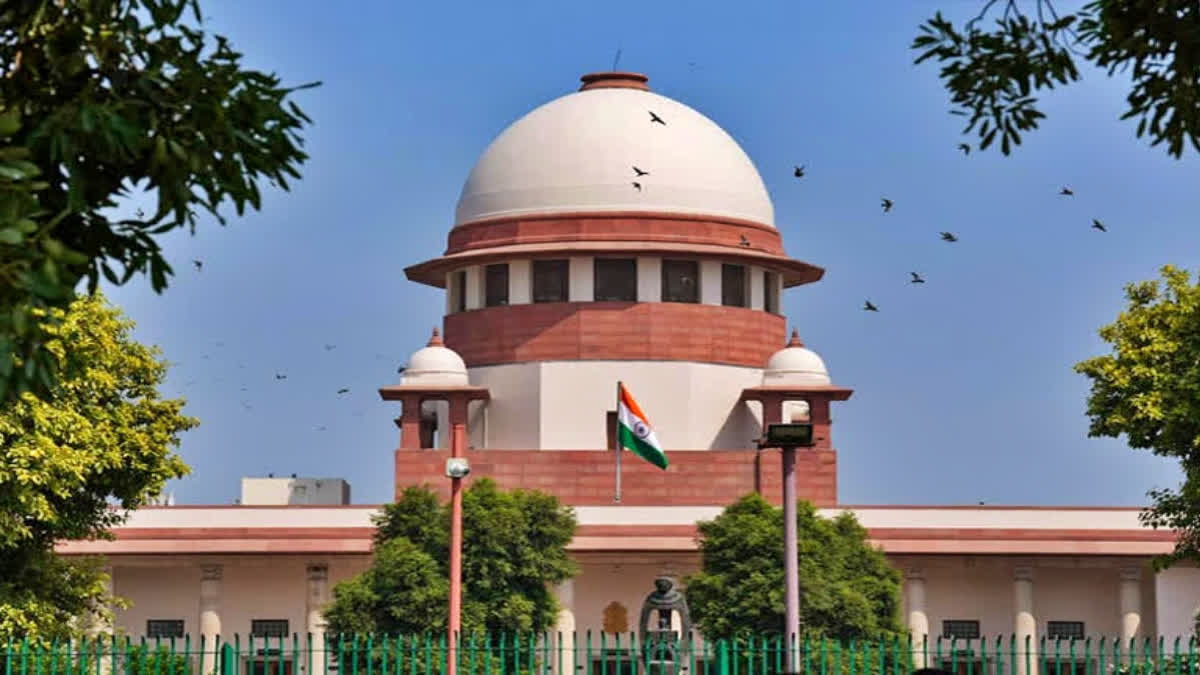New Delhi:An RBI employee with a 50 per cent disability fighting a long and hard battle for his rights finally got some relief as the Supreme Court invoked the Constitution to help him get the service benefit he has been seeking since 2006.
A.K. Nair, who has ‘Post-Polio Paralysis of Limbs’ with 50% disability and is superannuating in a couple of years, fought a grim struggle for nearly two decades to secure promotion to the post of assistant manager in the RBI by claiming the benefit envisaged by the Persons with Disabilities (Equal Opportunity, Protection of Rights and Full Participation) Act, 1995.
Nair had fallen short by three marks to qualify for the promotion. Earlier this month, the Supreme Court invoked Article 142 of the Constitution directing RBI to extend the benefit of reservation in promotion to Nair. The apex court said when the weaker section is involved in a combat with the stronger section and the scales are even, to rise to the challenge for securing 'social justice', the courts of law ought to lean in favour of the former so that justice is ensured.
A Bench comprising Justices S Ravindra Bhat and Dipankar Datta granted notional promotion to Nair from the date of presentation of his writ petition before the Bombay High Court, September 2006, and actual promotion from the last date for compliance with the order of the High Court, September 15, 2014. Justices Bhat and Datta wrote separate but concurring judgments.
Also read: IT employee sues company for no salary hike during 15 years when he was sick, court dismisses
Justice Datta said the underlying idea is that securing justice for the weaker and the poorer section could make them equal with the rest of the society. “In a case where the weaker section is involved in a combat with the stronger section and the scales are even, to rise to the challenge for securing ‘social justice’, the Courts of law ought to lean in favour of the former so that justice is ensured”, he said.
Justice Datta said if persons with disabilities are denied the rights and privileges conferred by the law of equal opportunities, in the field of public employment, "the disservice to such persons would inevitably be grave causing erosion of constitutional idealism and respect for human rights apart from extreme mental agony and pain of the deprived".
"Where such situations emerge, the courts should not remain mute and dumb. No court, far less this court, should condone the breaches and violations by employers/establishments arising out of treading of the illegal path by them”, said Justice Datta. The top court said it has no doubt that Nair did have a statutorily conferred right all through to claim that reservation in promotional appointment in Group ‘A’ posts is ingrained in the PwD Act, 1995.
